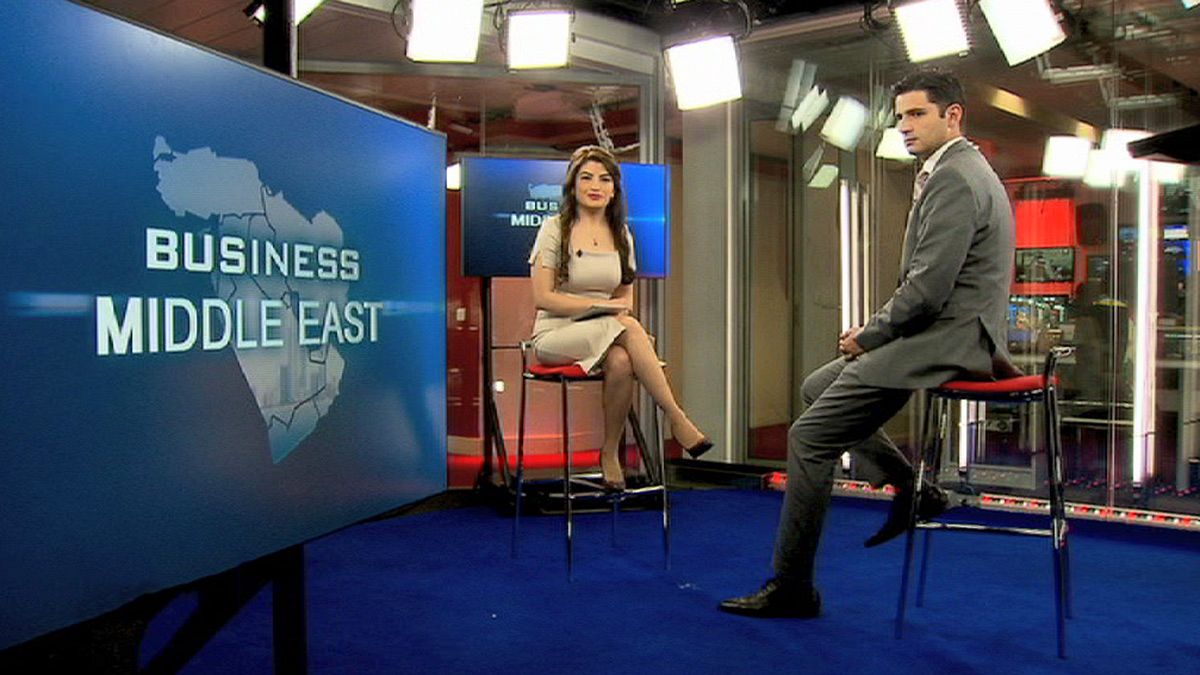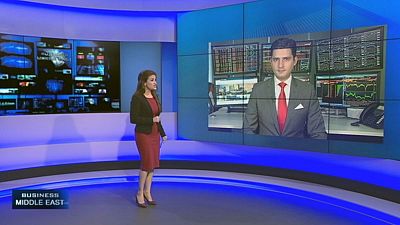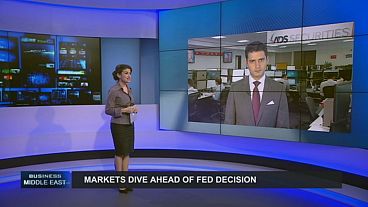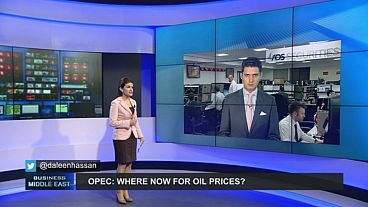A military operation, “decisive storm”, was launched last week against the Houthis in Yemen. There have been lots of questions and analysis about the
A military operation, “decisive storm”, was launched last week against the Houthis in Yemen. There have been lots of questions and analysis about the impact of this crisis on the local and global economy. Business Middle East discussed the economic consequences with Nour Eldeen Al-Hammoury, Chief Market Strategist at ADS Securities in Abu Dhabi.
Daleen Hassan: “The Gulf region is well known as a safe haven for business. Do you think this image will change with this outbreak of conflict?
Nour Eldeen Al-Hammoury:“I don’t think that it will change, there were some concerns when they started the airstrikes. However, the support from the Arab countries and the international community will ensure safety in the region. therefore any threat will be dealt with.
Daleen Hassan: We’ll continue our discussion with you, but let’s have a look at the financial market’s reaction in this report .
Yemen fallout in the Gulf
Led by Saudi Arabia a coalition of local forces launched a military operation to restore President Mansour Hadi to power, a campaign with international backing. But the financial markets in the region were negatively affected and closed last week with losses.
Kuwait market finished on Thursday down 2.42% and the Egyptian market fell 1.59 %
Investors fear the Gulf region will be seen as unstable and seek safe havens elsewhere. Last week, concerns over Saudi oil supply pushed prices up by 5%.
The big concern is that the crucial shipping route of the Strait of Bab el-Mandeb would be closed by the conflict. It’s estimated some three million barrels destined for the US Europe and Asia pass through the the narrow waters between Yemen and Djibouti every day.
Daleen Hassan:
“As we saw, MENA (Middle East/North Africa) markets took a hit during the first week, what will be the impact of the Saudi strikes on the Arab region’s markets in the long run?
Nour Eldeen Al-Hammoury:
“There are positive and negative effects from such events. There was a quick response from the new king of Saudi Arabia, with support from other Arab countries and the international community.
“If the strikes continue for a long time, there be might some negative effects on the reserves amid declining crude oil prices, which might lead to a lower reserves. However, Saudi Arabia has a massive amount of reserves and we believe that war will not affect the regional markets in the coming period. So we believe negative sentiment will be limited, and again we noticed how the markets reacted positively to Arab League meeting in Egypt.”
Daleen Hassan:
“Let’s talk about oil. Many analysts have pointed out that the hike in oil prices is limited, what are the expected oil scenarios?
Nour Eldeen Al-Hammoury:
“Despite the crude oil rally we saw, the oil scenarios are still in a limited range, therefore the prices may continue to trade within a tight range until the OPEC meeting in June. The prices may trade between 40 to 60 until the meeting, which might come with an intervention to cut the production.”
Daleen Hassan:
“There’s a lot of concern about the Houthis’ actions, mainly over the passage of oil tankers in the Strait of Bab el Mandeb. Will that impact on oil prices, if the strait is closed?
Nour Eldeen Al-Hammoury:
“As the markets are over supplied with oil, we don’t think that such an event will have a notable effect. At the end of the day, the markets will start consuming the over-supply oil, if supplies are interrupted. By then, yes, oil may rise.
“However, the Egyptian navy moved to protect supplies, which was seen as a positive event for supplies. We shouldn’t forget that the action will continue until Yemen is stabilised, and this is why the markets recovered, not only in the region but also globally at the beginning of the week. So, we don’t believe there will be a threat to supplies yet.”
Daleen Hassan
“In case investment shifts out of the Gulf region, where could we see business go?”
Nour Eldeen Al-Hammoury:
“As seen before, during such events, war, everyone rushes to safe haven assets such as gold and silver. And so gold rallied to silver both spiked, however, the rally was short lived, as the Arab countries’ meeting sent a strong message, leading investors to shift back to the stock market; not just the regional markets, but globally.
The investments will remain within the same range whether in Saudi Arabia or elsewhere in the region, especially now that everyone is waiting for Saudi Arabia to start accepting international investors, which is expected to bring a a significant inflow. So opportunities remain in the region and in Europe, despite tensions in the Middle East, Europe and Russia.”



